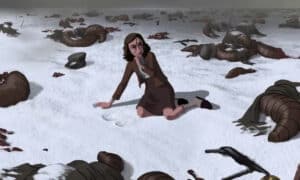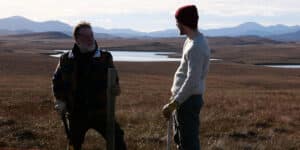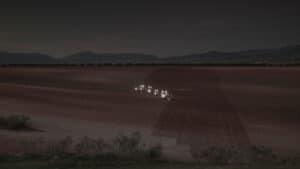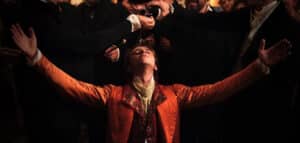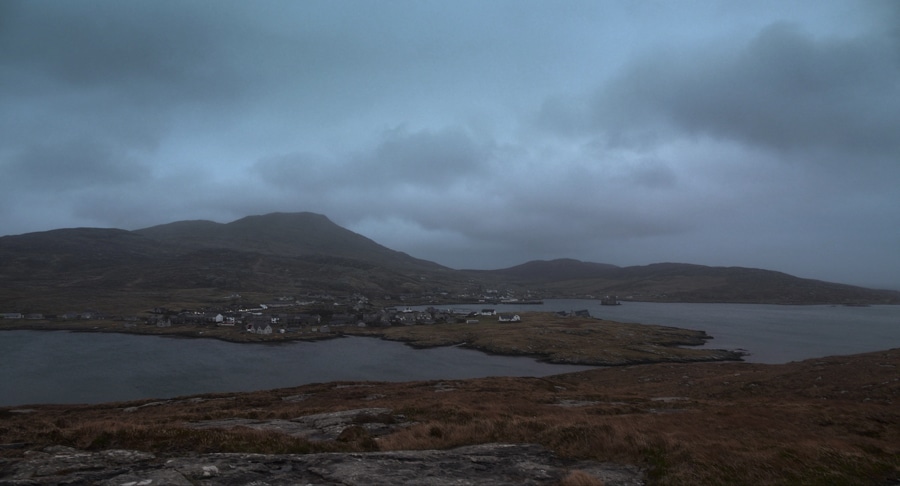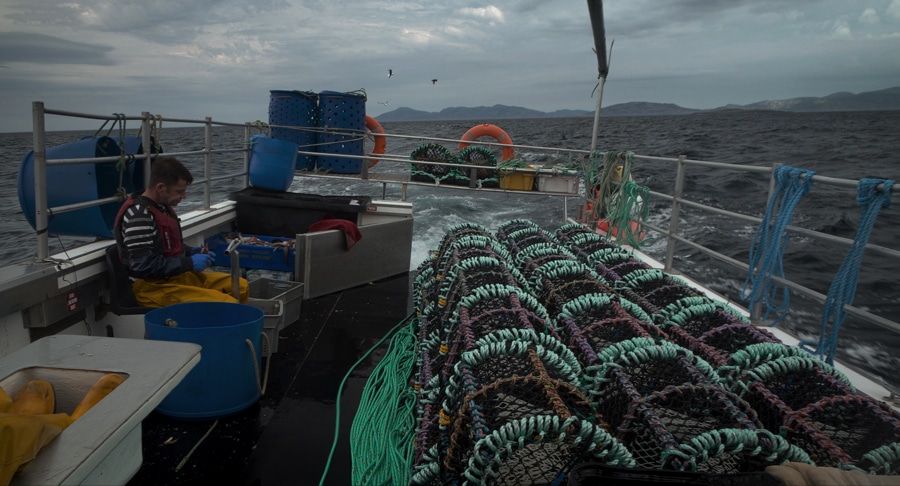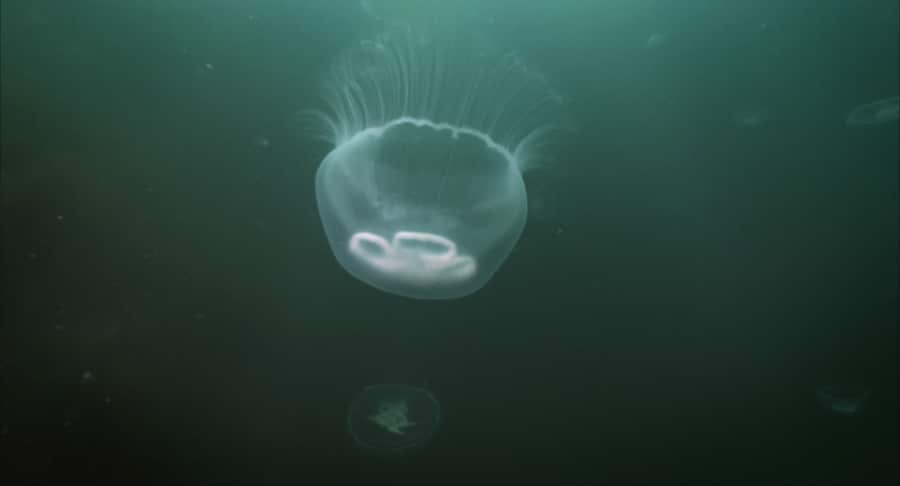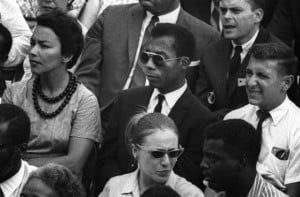Dir/Wri: Milena Aboyan Co-Wri: Constantin Hatz | Cast: Bayan Layla
Derya Durmaz, Nazmi Kirik, Armin Wahedi, Derya Dilber, Cansu Dogan, Beritan Balci, Slavko Popadić, Hadnet Tesfai, Homa Faghiri, Rebér Ibrahims | Drama 110′
Being a woman in a Kurdish community is all about secrecy and subterfuge according to this impressive feature debut from Armenian born writer/director Milena Aboyan who shows the ongoing societal pressure for Kurdish women and girls in modern-day Germany. Men – and particularly mothers – hold sway in this ‘multicultural’ environment where ironically the women seem to be the ones enforcing age-old traditions.
Elaha, 22, is dreading her forthcoming marriage to her overbearing Kurdish boyfriend because she will have to prove she is a virgin – and she is not. Although the film explores Elaha’s options to re-instate her ‘innocence’ what it really deals with is the tremendous pressure of conforming to traditional ideals in a tight-knit, often hypocritical, set-up.
Naturally we empathise with Elaha who is thoughtfully played by newcomer Bayan Layla. But she is by no means a straightforward character who is playing her fiancé off against her ex-boyfriend to whom she feels considerable attraction, for obvious reasons. She desperately wants to conform to her family’s wishes and doesn’t want to bring shame on her mother and father but on the other hand she feels the freedom her ex boyfriend accords her is far more appealing. The overriding impression we get in the scenes with her fiancé – who is stuck in a ‘Madonna Whore’ complex – is one of fear and oppression: not the basis for a happy relationship, let alone marriage. By the same token, Elaha does not want to be ostracised from Kurdish society or lose the love and support of those she holds dear.
Aboyan and her co-writer Constantin Hatz deal sensitively with the issues involved introducing contrasting characters, in the shape of Elaha’s teacher and counsellor, who call into question these old-fashioned values. Elaha finds their opinions persuasive, although they fly in the face of her family’s traditional stance. Her teacher points out the seemingly ludicrous situation Elaha finds herself in but Aboyan never paints her mother and father as unlikeable; they are simply victims of an outmoded way of life in the context of modern day Germany. This is a visually appealing and engaging film that raises some important questions about family and society as a whole and women’s role within it. @MeredithTaylor
Elaha will also preview on International Women’s Day (8th March) at the BFI Southbank, as part of their Woman with a Movie Camera strand | In cinemas UK & Ireland on Friday 26th April 2024


